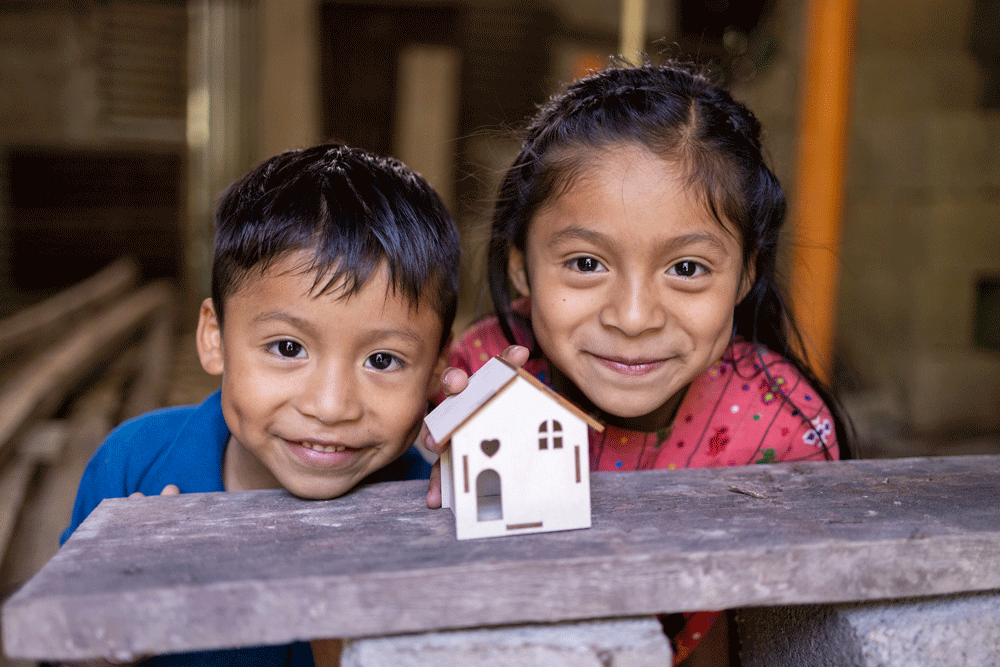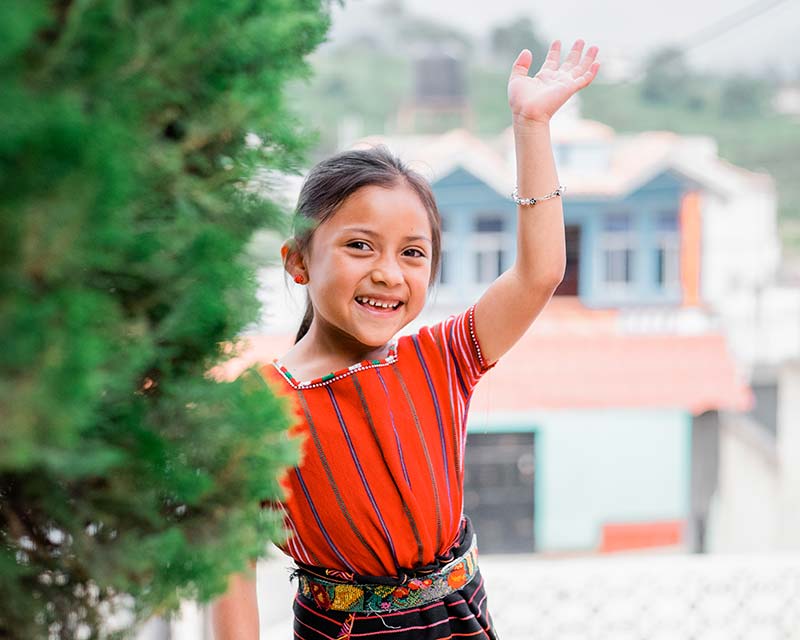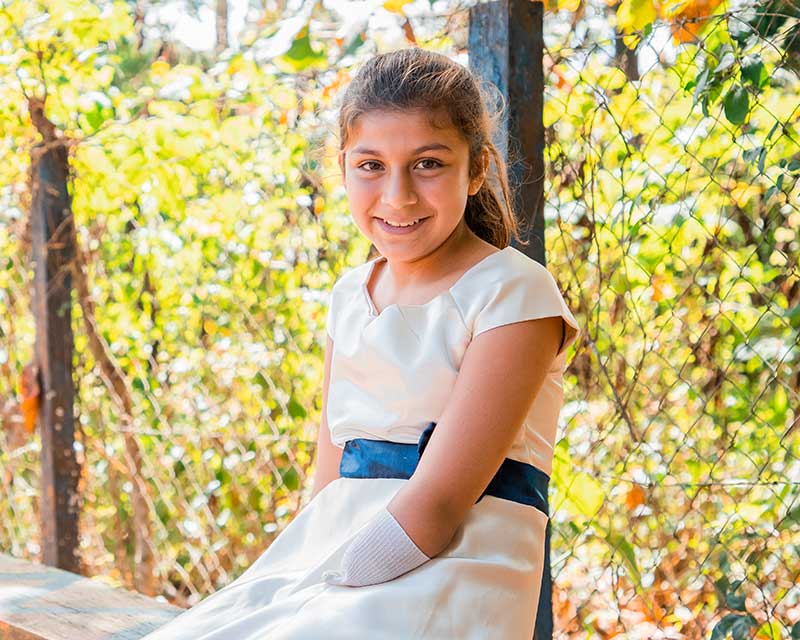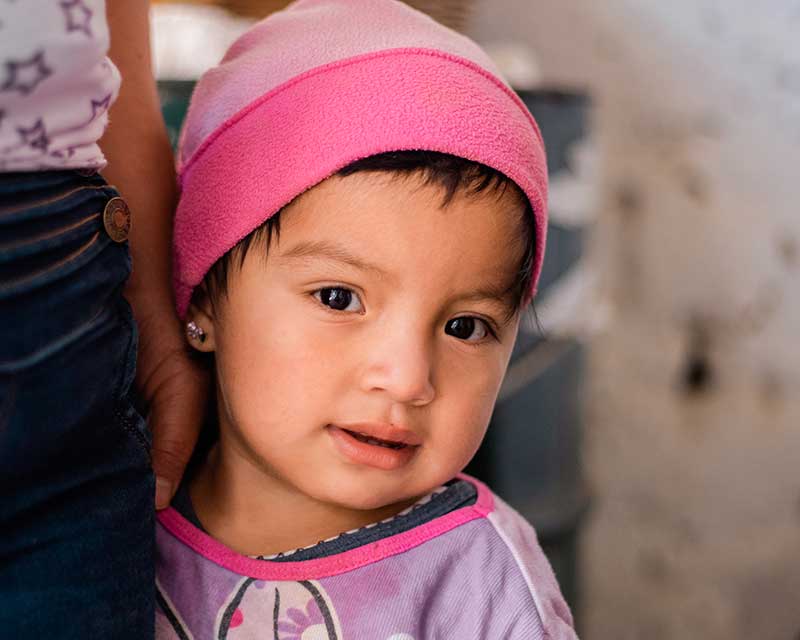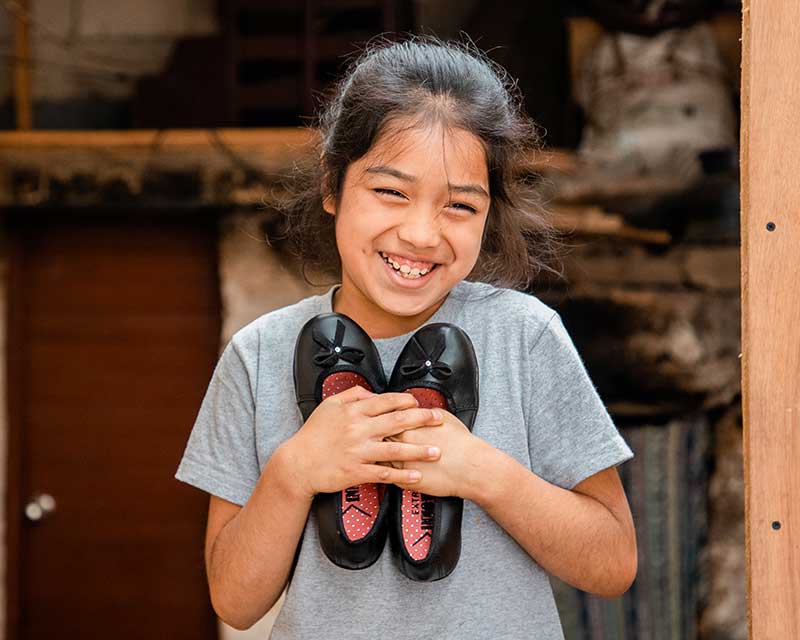Guatemala is known for its vast rainforests, towering volcanoes and stunning brightly coloured textiles. Spanish is the nation’s official language, though each of the 21 different Mayan communities have their own dialects.
Poverty is rising in Guatemala, with indigenous people and rural communities most affected. As crops fail in ongoing drought, many families are gripped by famine. Almost half of the nation’s children are chronically malnourished—one of the highest rates in the world.
After almost four decades of civil war ended in 1996, Guatemala made significant ground in the fight against poverty.
Despite its economy being the largest in Central America, the nation is still racked by some of the worst poverty and maternal-child mortality rates in the region—and the gap between rich and poor is growing.
There are many underlying issues: crop failure caused by drought and a changing climate; political corruption and cronyism; a lack of protections for workers leading to rampant wage exploitation; rising violence at the hands of drug cartels and gangs. Their combined destruction has seen a record wave of Guatemalans flee the country in recent years, most headed for Mexico and onward to the United States border.
In all of this, it is the poorest families that suffer most. Many are entirely dependent on remittances sent back by family members who have emigrated to the US—and more of those who haven’t gone yet will go soon, unless these underlying issues are addressed.
Local churches across the nation are stepping up to protect their people from extortion and violence, to offer shelter and food where they can, to meet basic needs and provide children with an environment of safety and security, where they can learn, grow and play without fear.
READ MOREkeyboard_arrow_down
READ LESSkeyboard_arrow_up
